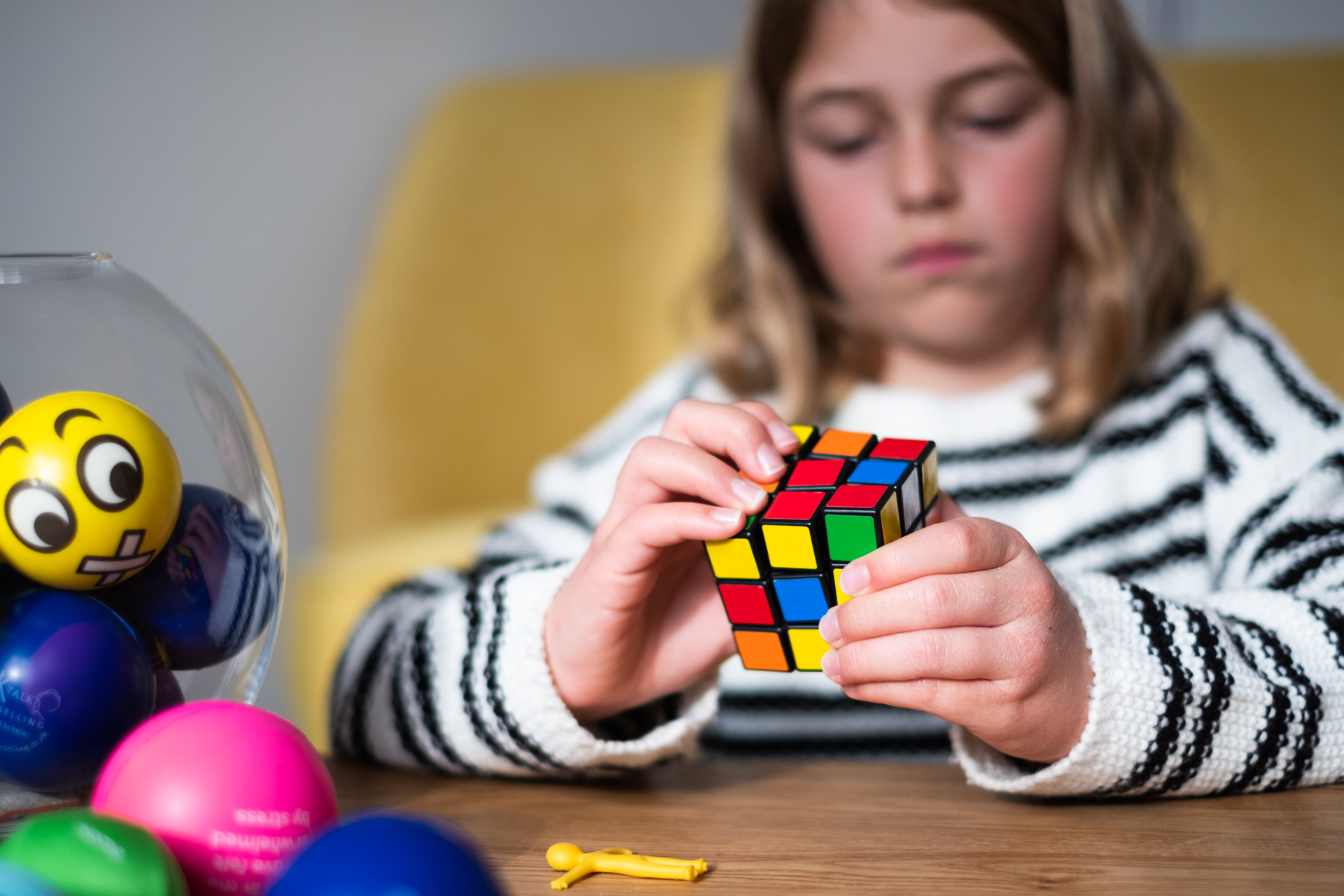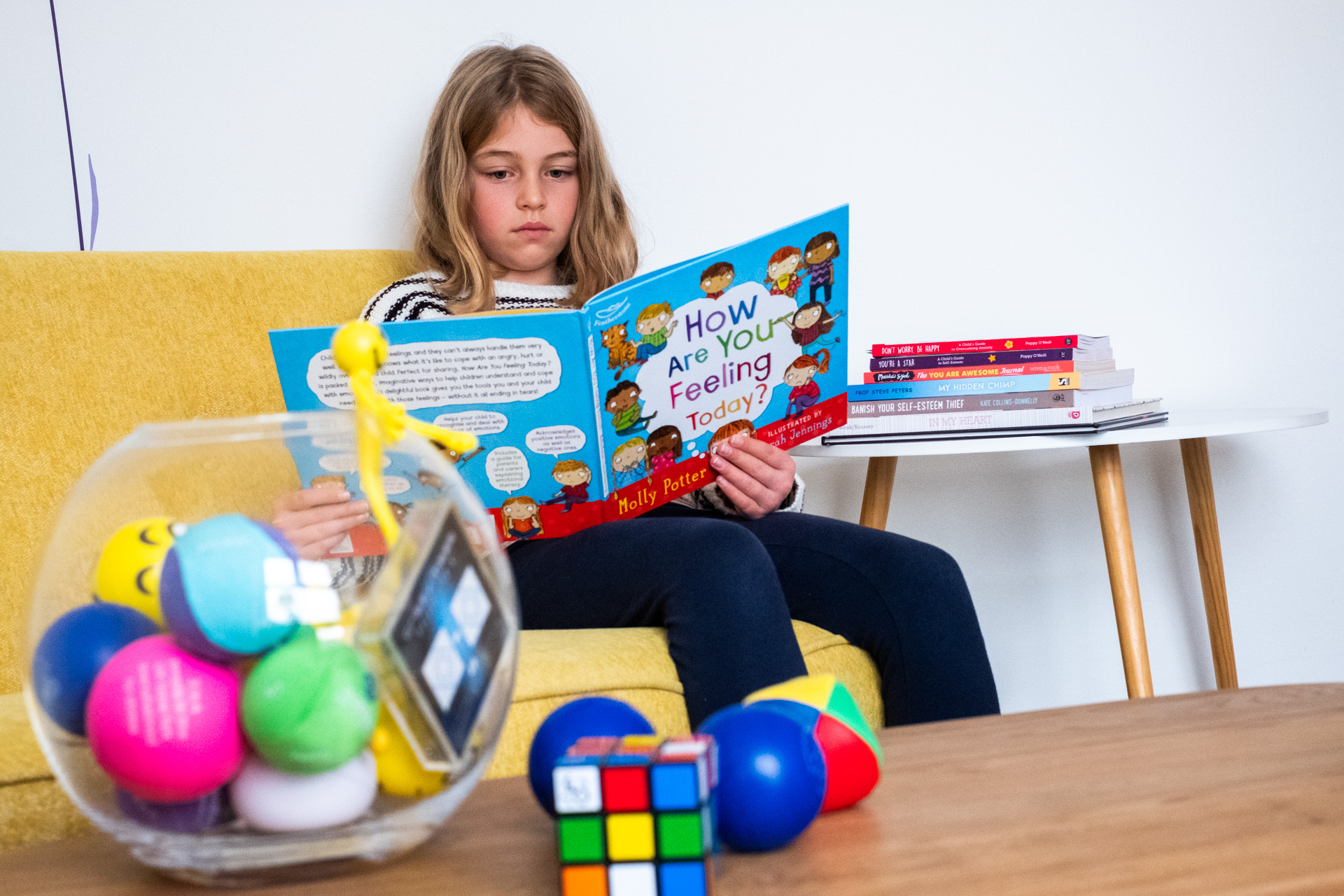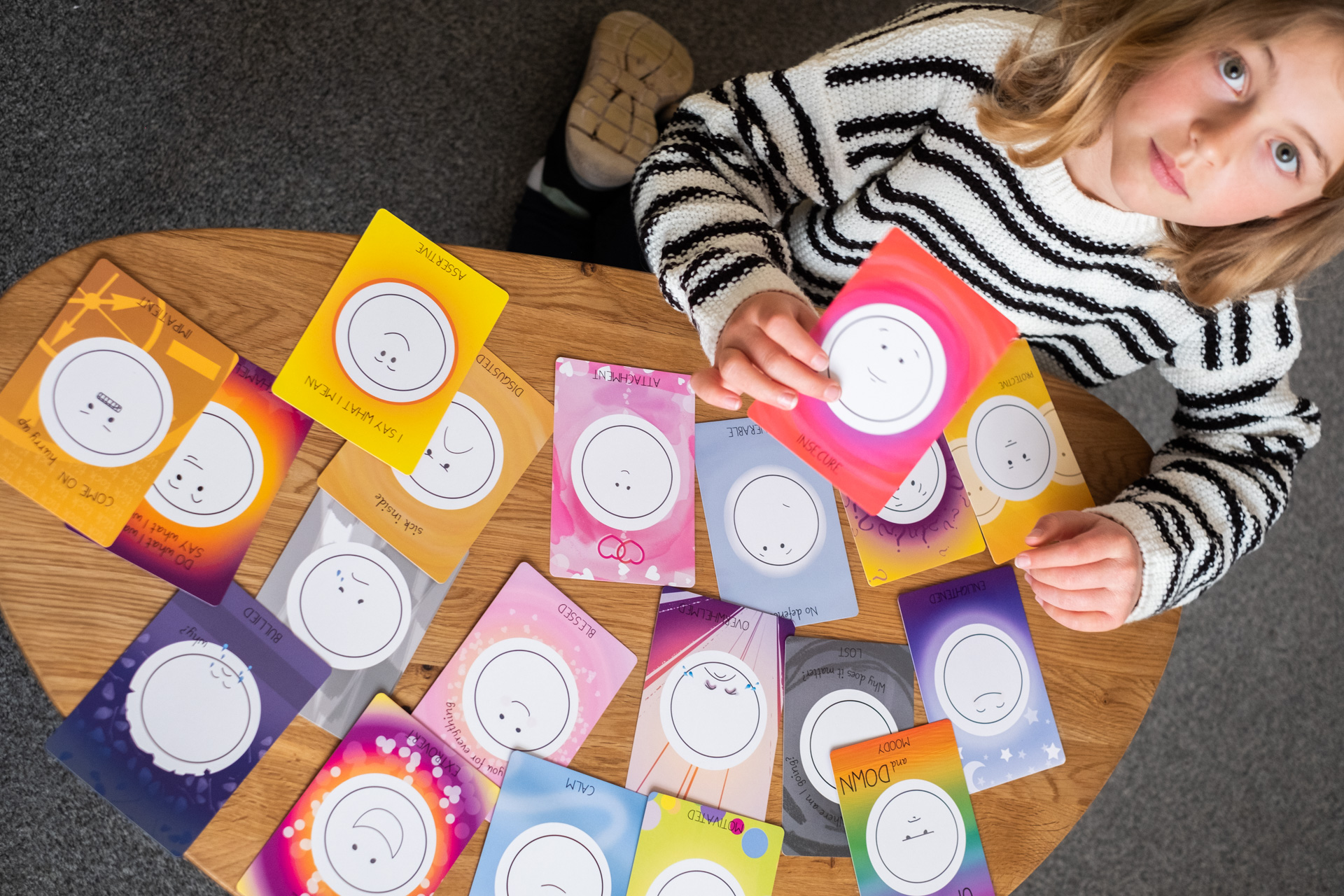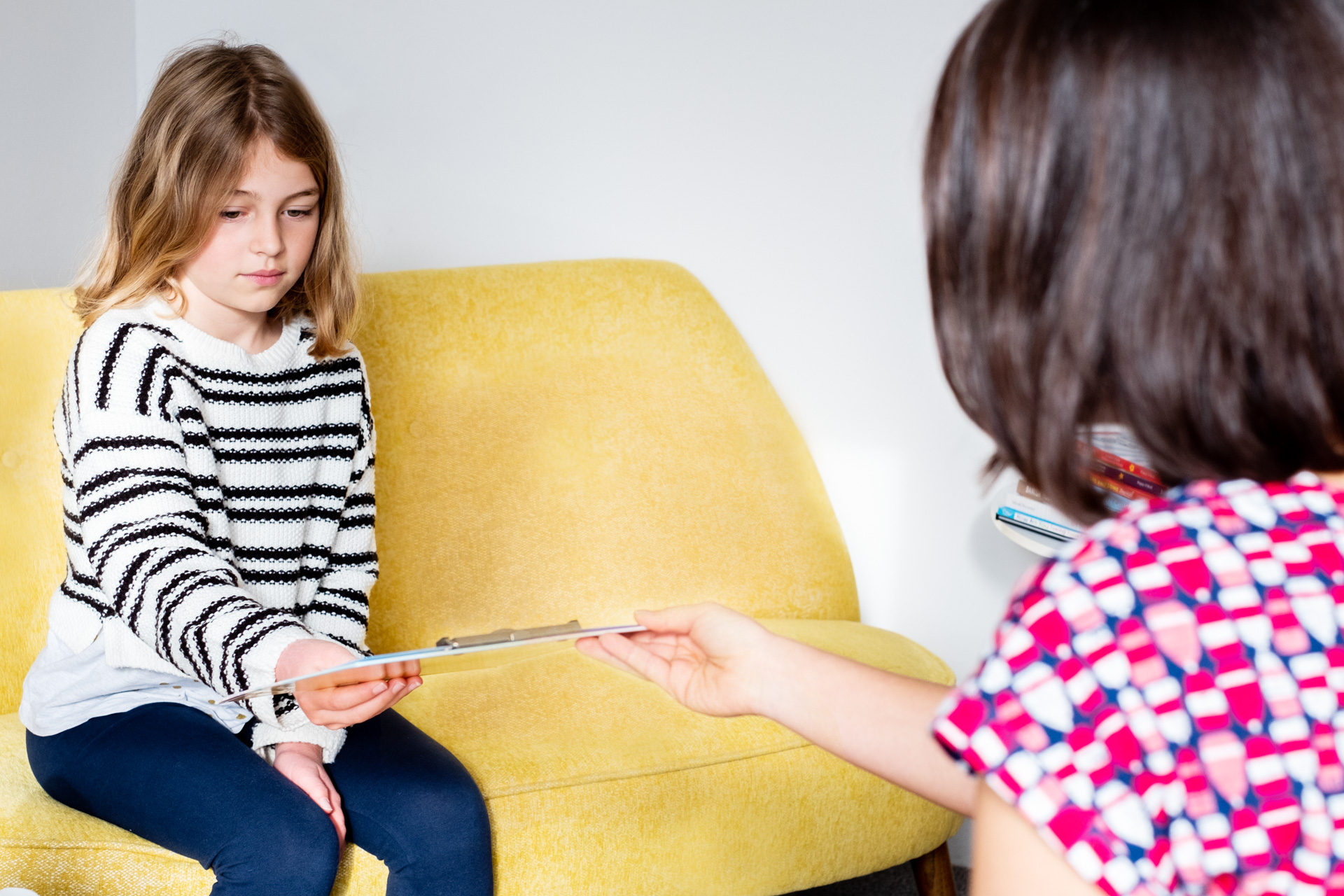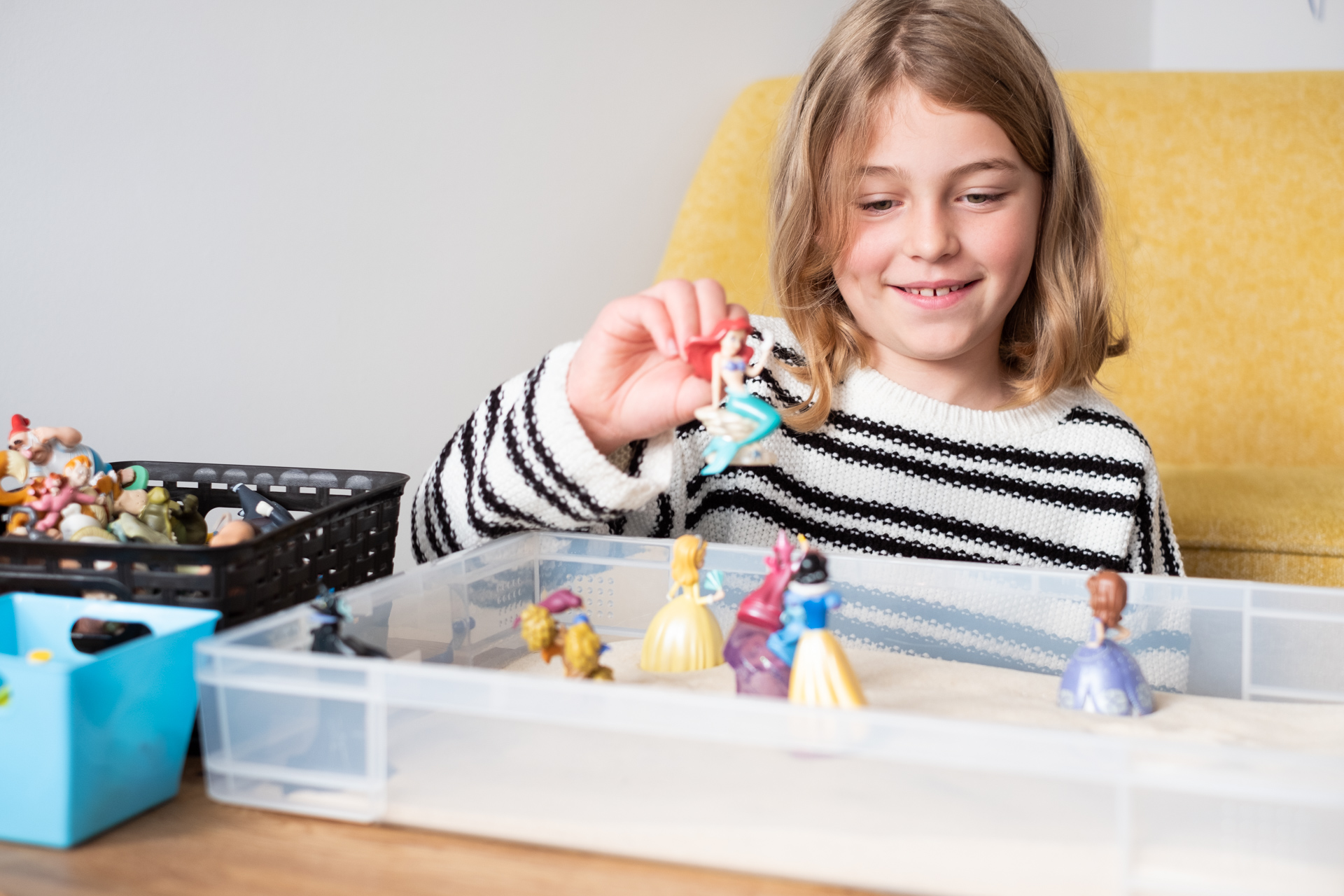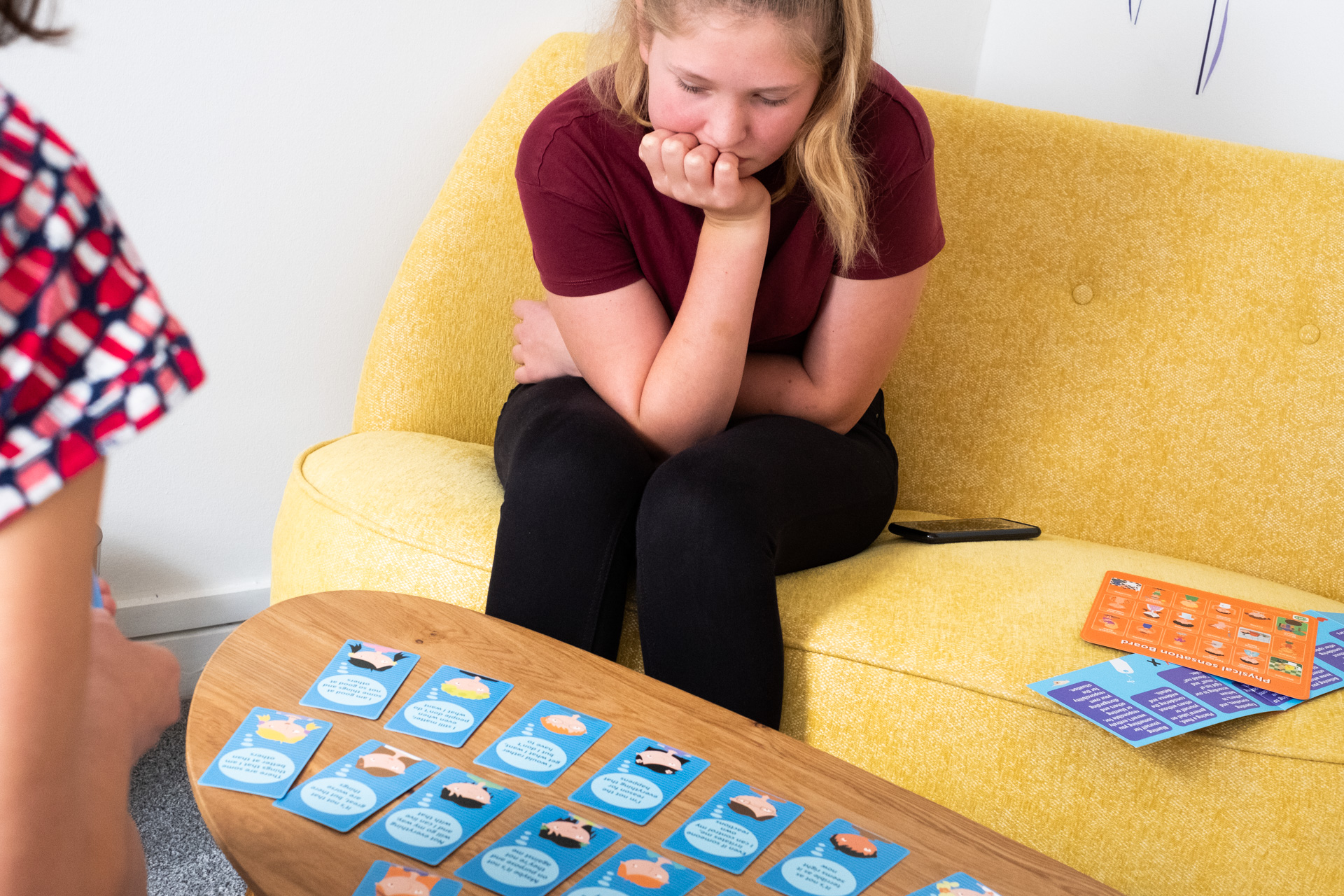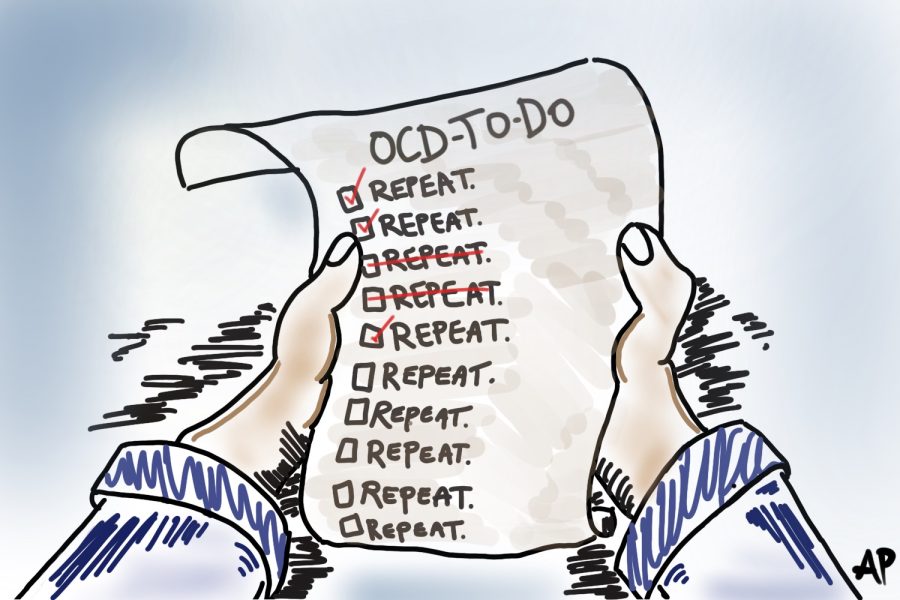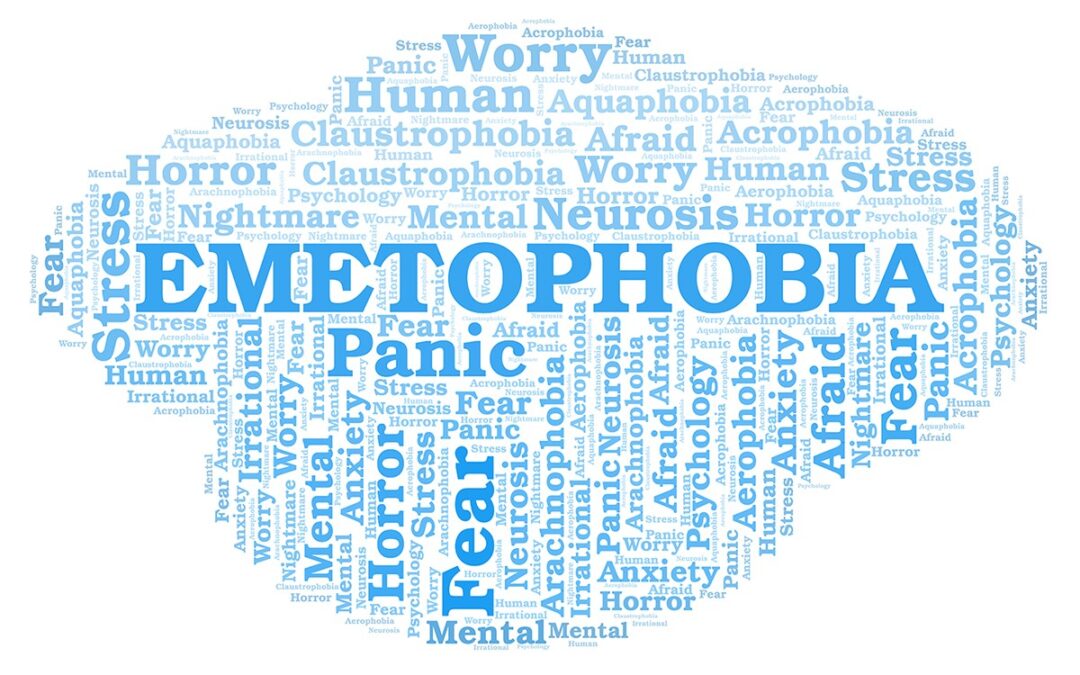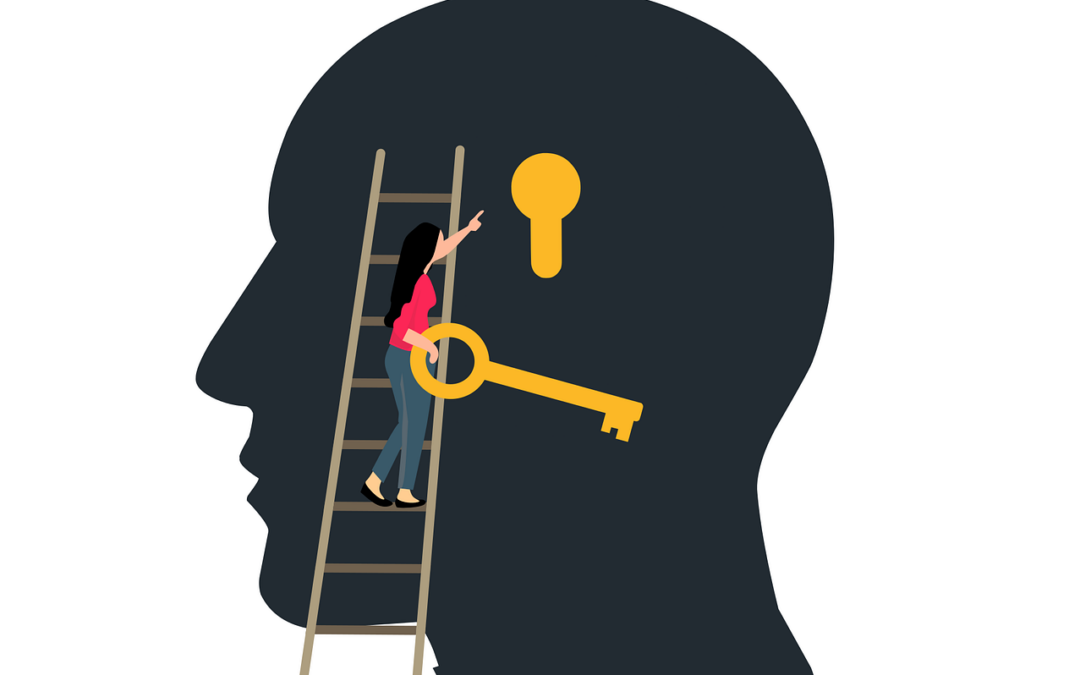Young People Counselling
Book Your Appointment TodayChildhood and the teenage years can be a tough time for many young people. Concerns include being bullied at school, exam stress, relationship difficulties, loneliness, self-harming, bereavement, drugs, or alcohol.
If you are a young person experiencing a challenging time in your life or a parent worried about your child’s behaviour, mental health or wellbeing, a counsellor with specialist training can provide the required support in a safe, supportive and non-judgmental environment.
At OK Talk, we have extensive experience of working with young people and with schools.
From the outset, a highly skilled OK Talk Counsellor will establish a relationship with the young person built on trust so that they feel truly able to explore their emotions, thoughts and experiences.
The only people present during the counselling sessions are the counsellor and the young person. If the parent or guardian has not booked a consultation with a counsellor before, they are able to stay in the room for the first few minutes to sign the paperwork before leaving so that the counselling session can begin in private.
It is important to state that in line with the strict code of ethics, nothing is shared by the counsellor to anyone outside of the counselling sessions unless that counsellor is genuinely concerned about the safety and wellbeing of the young person seeking their support.
It is important that the young person attends weekly counselling sessions for a minimum of six weeks to ensure there is a genuine commitment to the process. This helps to build and strengthen the relationship which, in turn, improves the quality of the therapeutic process so that lasting change can be achieved.
For every session, the young person is asked to complete a short questionnaire about how they have been feeling over the previous week. This review process helps to measure progress and ensure the counselling sessions stay on track. The parent or guardian can be informed about how the sessions are going, but only with the young person’s prior consent and knowledge of what is to be discussed.

